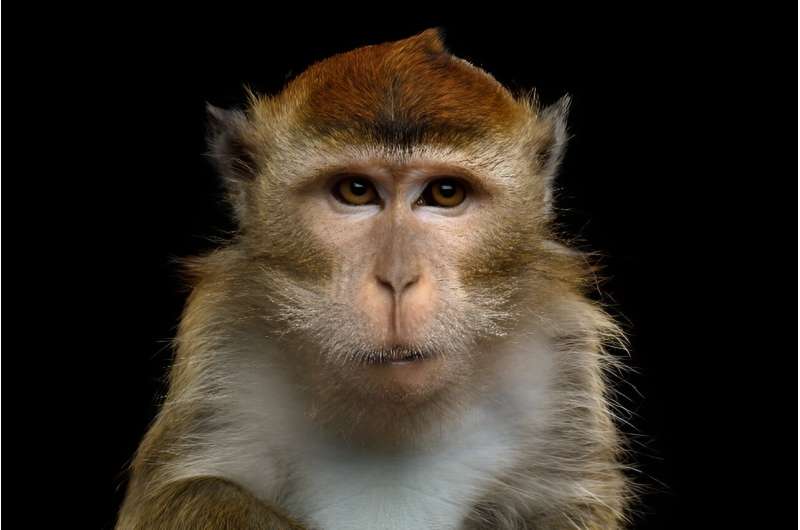
[ad_1]

Strict safety protocols prevented an outbreak of tuberculosis in lab monkeys imported to the United States last year from spreading to humans, a new report shows.
In total, 26 cynomolgus macaque monkeys flown from Southeast Asia to the United States for research purposes were confirmed to be infected with the virus. Mycobacterium auricus The bacterium, which causes a form of TB, reports researchers from the US Centers for Disease Control and Prevention.
All monkeys were euthanized humanely, and were part of a February 2023 shipment of more than 540 animals from Southeast Asia.
The infections were quickly detected, and no humans—the handlers, the airline crew or the remaining monkeys working in the laboratories that ended up—became infected. M. Orgas Because of contact with monkeys.
Overall, the incident “highlights the importance of CDC’s regulatory oversight of nonhuman primate imports and adherence to established biosafety protocols,” wrote a team led by CDC veterinary researcher Dr. Samantha Swisher. .
His team said that, in this case, these protocols “worked to protect the health of the United States research animal population and the people who interact with them.”
According to the report, the incident began on February 7, 2023, when an importer involved in a shipment from Macau notified the CDC that a monkey had tested positive for TB bacteria.
As with all subsequent confirmed cases, the monkey’s TB infection was confirmed through lab cultures and genomic testing.
As of February 21, the same importer had identified eight more infected monkeys. A total of 32 monkeys from the same batch initially tested positive, but the test can also be false, and after laboratory analysis, 26 monkeys were confirmed to have TB.
As is standard protocol, all monkeys underwent strict CDC-mandated quarantine, where monkeys are divided into groups housed in separate rooms, and workers wear masks. Protective clothing Includes face respirators.
All animal handlers, airline personnel and anyone working in laboratories who were recipients of the remaining macaques were recommended to undergo routine and periodic testing for TB.
The CDC team noted that tuberculosis may have a longer incubation period, but “by February 2024 [eight months after the last positive macaque was detected]None of these individuals have tested positive. M. Orgas.
People who work with research monkeys in labs are routinely tested for TB, Swisher’s team added.
But the CDC is never sure whether similar precautions are being taken at captive breeding sites that supply monkeys in foreign countries.
However, monkeys exported to the United States can be infected with TB, and “this outbreak highlights the importance of public health surveillance for imported ones. Nonhuman primates“said the researchers.
The study was published Feb. 22 in the journal CDC. Morbidity and Mortality Weekly Report.
Copyright © 2024 Health Day. All rights reserved.
Reference: US safety protocols prevent TB in imported lab monkeys from spreading to humans (2024, February 22) https://phys.org/news/2024-02-safety-protocols-tb-imported February 22, 2024 Retrieved from -lab.html
This document is subject to copyright. No part may be reproduced without written permission, except for any fair dealing for the purpose of private study or research. The content is provided for informational purposes only.
[ad_2]


